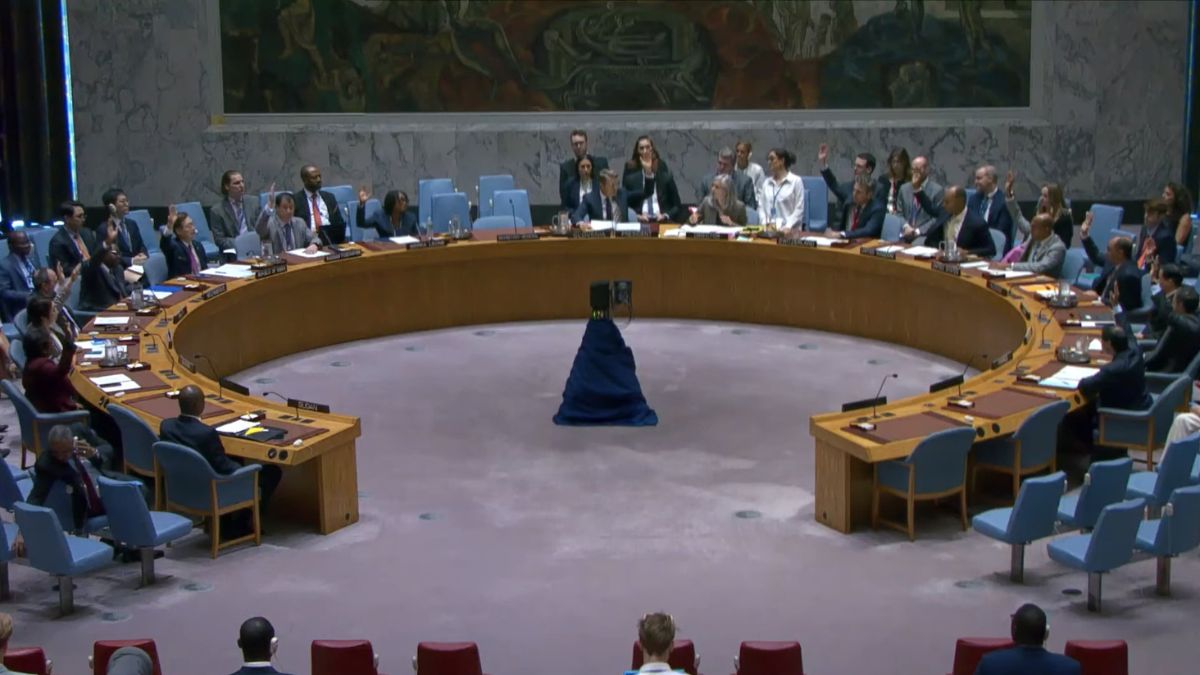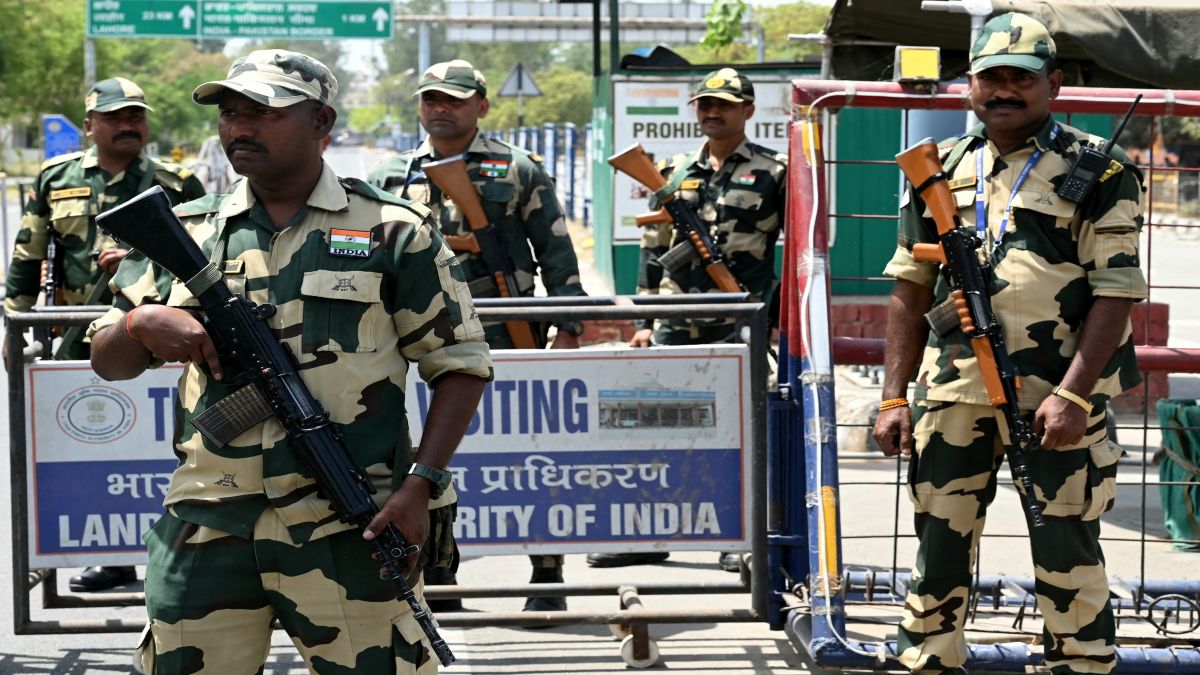Pakistan was scrutinised at the United Nations Security Council(UNSC) after it convened a meeting seeking private talks regarding tensions with India. UNSC members slammed Islamabad for escalating tensions with New Delhi through multiple missile tests and nuclear attack threats against India, and rejects its ‘false flag’ narrative.
The tensions followed the Pahalgam terror attack, in which Pakistan-based terrorists killed 26 innocent people, mostly tourists.
UNSC questions LeT links
UNSC members also questioned Pakistan’s involvement in the April 22 terror attack, particularly the role of Lashkar-e-Taiba, a Pakistan-based, US-designated terror group.
The council condemned the attack and emphasised the need for accountability, rejecting Pakistan’s “false flag” narrative.
Pak is one of non-permanent member
Pakistan, one of the 10 non-permanent members of the Council, had requested “closed consultations” due to the heightened tensions.
There was broad condemnation of the attack, and the members particularly emphasised on the target killing of tourists based on their religious faith.
Pak’s missile tests, Nuclear rhetoric escalating tensions: UNSC members
Many members expressed concern that Pakistan’s missile tests and nuclear rhetoric were contributing to escalating tensions.
The Council advised Pakistan to address the matters bilaterally with India, according to sources from the UNSC’s closed-door session on Kashmir.
The meeting, requested by Pakistan, ended without a statement, resolution, or official outcome. It took place just hours after Secretary-General Antonio Guterres warned that the situation had become the most volatile in years.
Pakistan tests missile, warns of nuclear threat
Earlier, Pakistan’s Defence Minister Khawaja Muhammad Asif said that Pakistan would resort to using nuclear weapons in the event of a direct threat to its existence.
Pakistan has test-fired two surface-to-surface missiles since last week, following increased tensions with India.
After testing the Abdali Weapon System, Islamabad announced on Monday (May 5) that it had carried out a “training launch” of the Fatah Series missile.
India’s strong response to Islamabad after cross border links
In response to India’s claims of “cross-border links” to the attack, the government has taken strong actions. After downgrading ties with Islamabad, New Delhi expelled Pakistani military attachés, suspended the 1960 Indus Waters Treaty, and closed the Attari land transit post.
The Pakistan-based group, Lashkar-e-Tayyaba’s proxy, The Resistance Front, has claimed responsibility for the attack.
India chokes Chenab
India is taking urgent steps to prepare the reservoirs of two hydropower plants on the Chenab River in Jammu and Kashmir—Baglihar and Salal—to control water flow to Pakistan during the winter months. This includes limited flushing and desilting of the reservoirs.
In the coming days, other dams will undergo similar procedures to improve storage within India.
This is part of India’s plan to control and stop the flow of water from the western rivers, the Indus, Jhelum, and Chenab, into Pakistan, following the suspension of the Indus Water Treaty (IWT) after last month’s terror attack in Pahalgam.


)
)
)
)
)
)
)
)
)